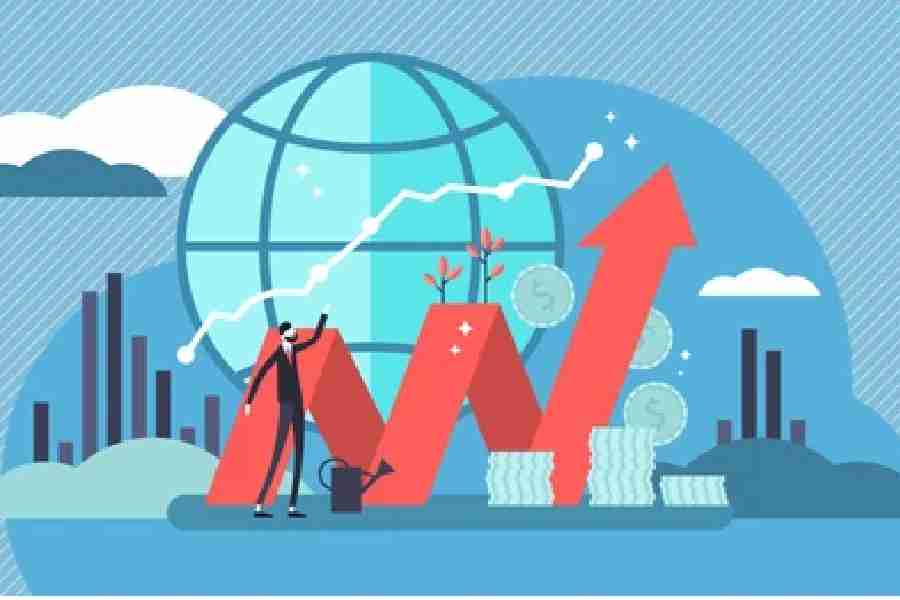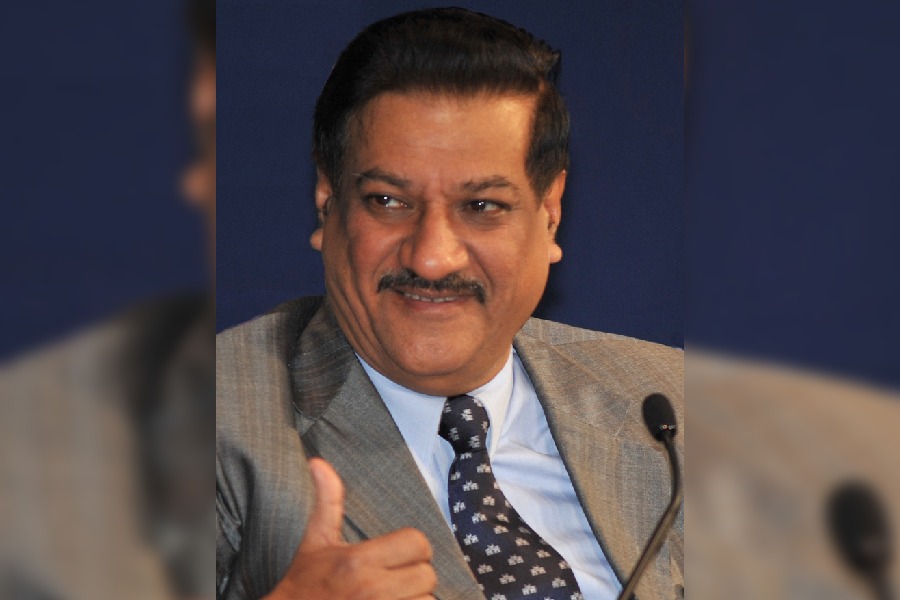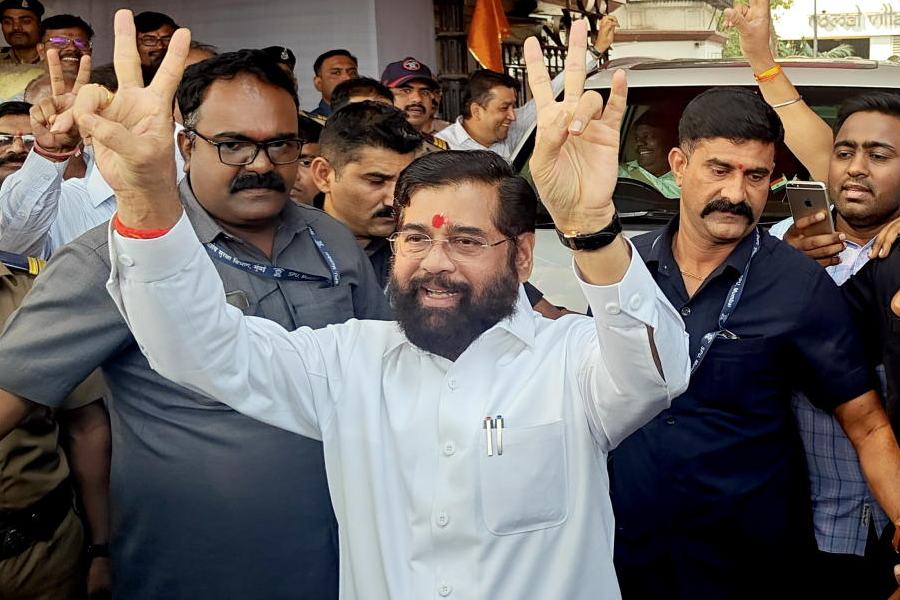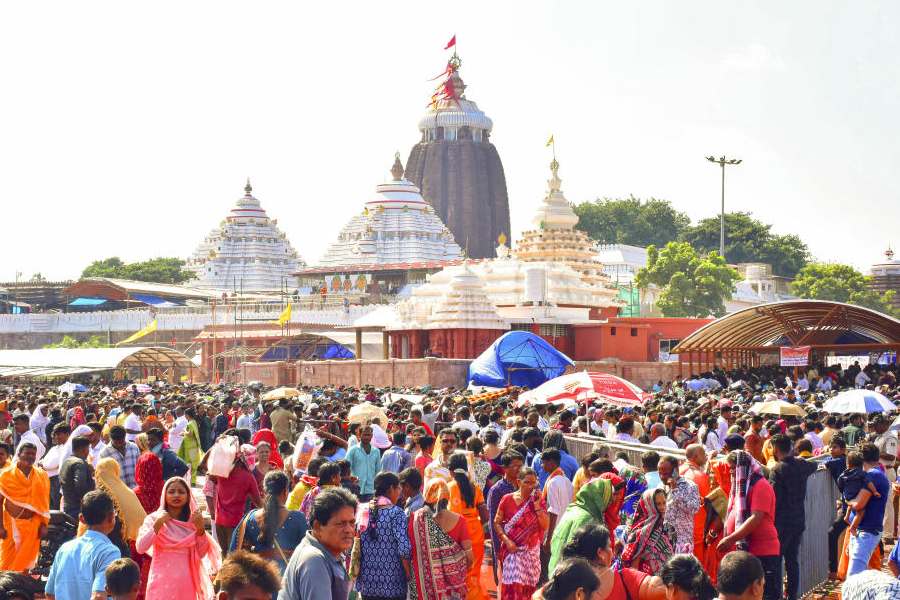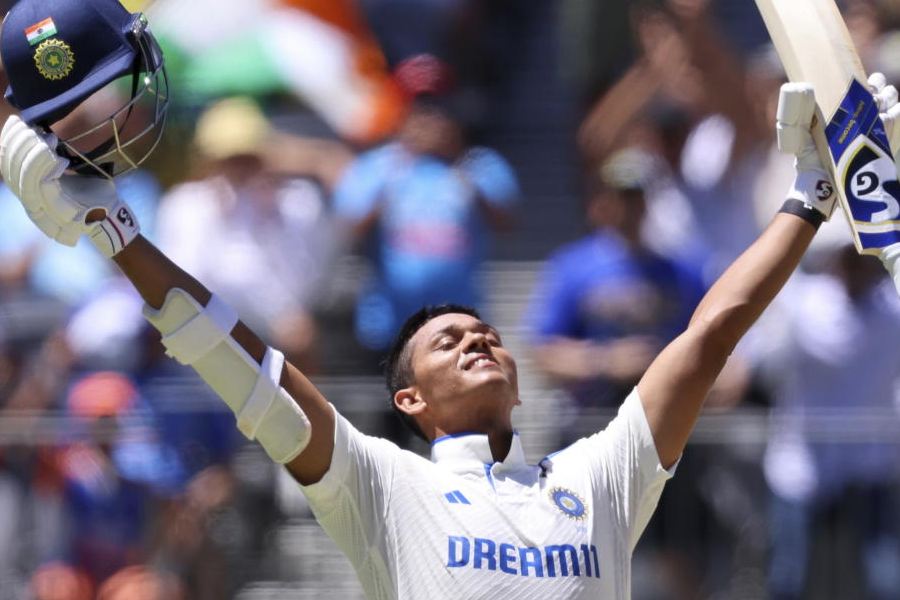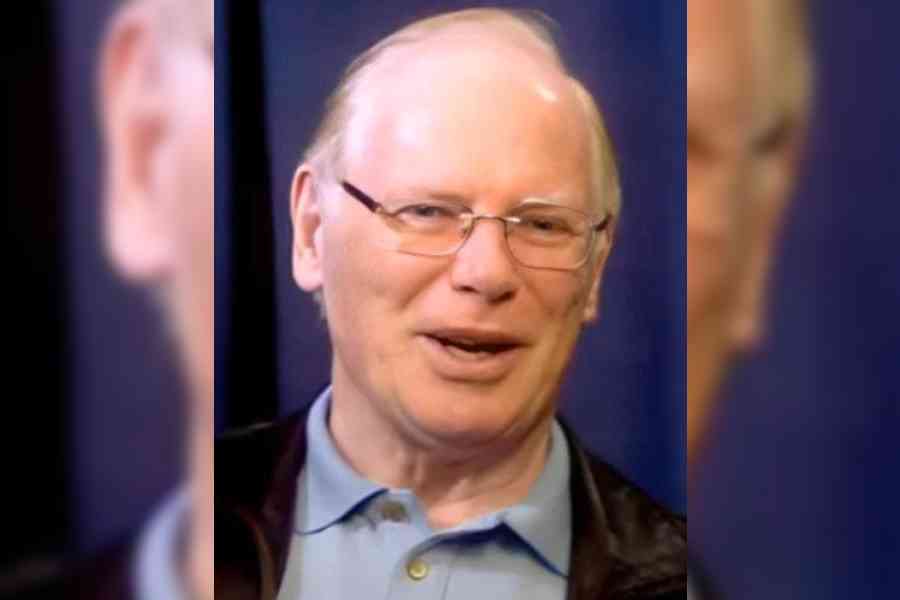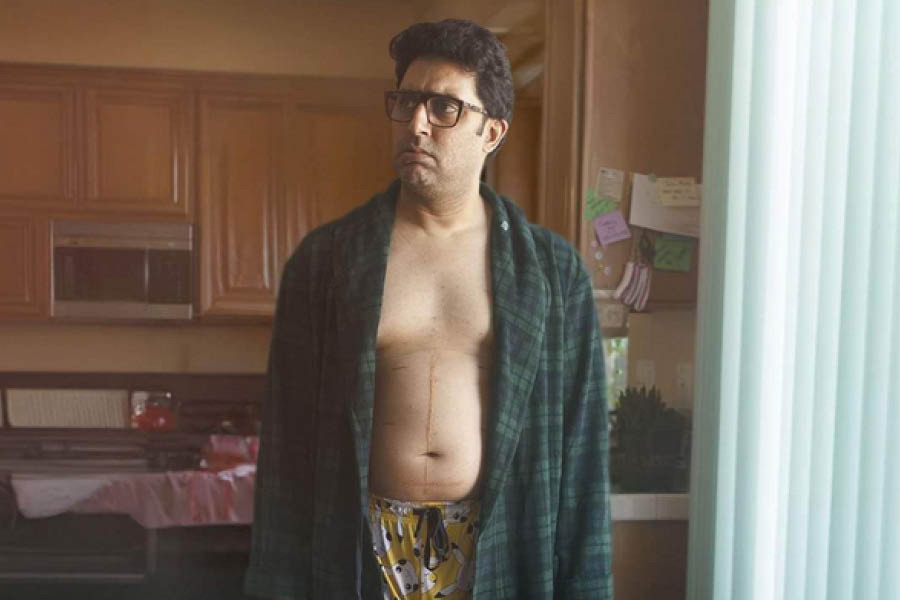After Russia invaded Ukraine, Anna Gromova, a Russian entrepreneur, made a snap decision to open a real estate agency, hoping to create a safety net from the economic fallout of the conflict. The career change has paid off.
Within weeks, she landed a deal for a stately 18th-century apartment, with parquet floors and high ceilings in the prestigious centre of Russia’s former imperial capital of St Petersburg. Since the war, the owner had stopped coming to Russia, allowing her client to buy it for roughly 40 per cent below its current value.
“We in Russia have become accustomed to living in a state of permanent crisis,” said Gromova, who has bought two investment properties for herself and brokered the sale of 150 others in the past year. Amid the constant shocks, people are looking for “a window of opportunity” to secure their income, she added.
Her business has been underpinned by a state-led spending boom that has propped up the national economy despite the swiftest and most far-reaching campaign of sanctions imposed by Western nations in modern history.
The economic strength has created a sense of well-being among Russians and helped to maintain popular support for President Vladimir V. Putin’s war. But some economists, as well as Russia’s respected central bank chief, have warned that the spending is threatening the country’s stability.
The concern is that the government is pumping money into the economy too quickly. As Russia’s invasion has descended into a war of attrition, Putin has poured the country’s sizeable financial reserves into expanding military production, while also showering poorer Russians with higher pensions, salaries and benefits like subsidized mortgages.
“Everyone keeps buying at these subsidised rates,” said Gromova, 44, who recently finished paying off one of her five existing mortgages. “And who is paying for it? The state.”
The result has been a spike in demand for everything from beach holidays to tank chassis — all of which is fuelling inflation. In an effort to prevent the economy from overheating, the central bank in July raised rates more than expected.
The bank expects the Russian economy to grow up to 2.5 per cent this year, a faster-than-normal pace that would allow it to recover practically all economic activity that has been wiped out since the start of the war. Unemployment is near a record low and real wages have been growing steadily this year, as state factories and private companies compete for scarce labour.
Their effort to rally South America behind Ukraine nearly got them killed.
Russian industrial executives have been boasting to Putin in public that their plants are raising output to levels last seen in the Soviet era and working around the clock in three shifts to meet the military demand.
In St Petersburg, local textile workshops say they are struggling to find qualified workers and materials to meet a deluge of orders for military uniforms, while in the industrial region of Sverdlovsk, a local tank factory recently has had to contract hundreds of inmates from local prisons to try to meet its targets.
The strong growth figures have upended expectations among some Western officials that the aftershock of going to war would push Russia into a prolonged recession and trigger a popular backlash against Putin’s government.
As recently as three months ago, Western analysts expected the Russian economy to decline 0.9 per cent this year, according to a survey of 19 investment banks and other research institutions compiled by the British firm Consensus Economics. This month, their mean projection has swung to 0.7 per cent growth.
Lending has expanded rapidly since the invasion, as the government has sought to stimulate growth and bolster military output. Corporate loans increased 19 per cent in the year to June, according to the Russian central bank’s figures.
The combined value of mortgages handed out by Russia’s top 20 banks rose 63 per cent in the first half of this year, according to the state-run lender, Dom.RF, and the real estate research firm Frank Media.
In the first three months of the year, one out of every two new mortgages was subsidized by the state, through various social programmes that provide loans to first-
time buyers, including soldiers, at preferential interest rates.
“You can serve and not have to think about much, because you will have a guaranteed home of your own,” a Russian soldier with the call sign Domovoi said in a video.
New York Times News Service

